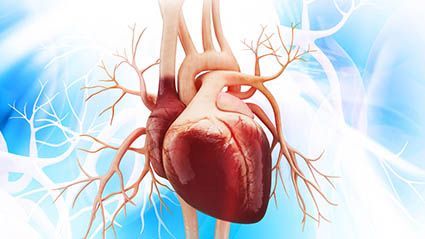
The hundreds of cases of monkeypox being reported worldwide likely won’t turn into a pandemic, but much remains unknown about the disease, the World Health Organization’s top expert on the illness said Monday. Dr. Rosamund Lewis said it’s not exactly understood how monkeypox is spreading or whether the halt of mass smallpox immunization decades ago… read on > read on >






























